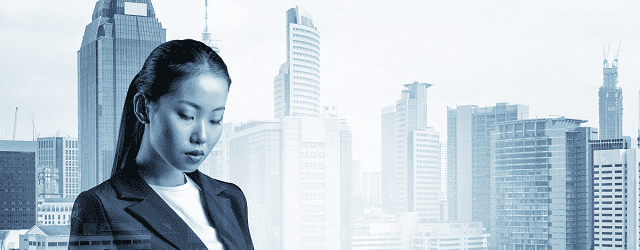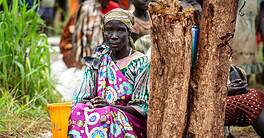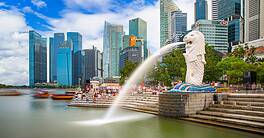As the Asian Development Bank shifts its 2020 Annual General Meeting to virtual, Covid-19 policy measures take center stage.

The second stage of the 53rd Annual General Meeting [AGM] of the Asian Development Bank (ADB), which had been scheduled to take place in Incheon, South Korea, on September 17-18, will now be virtual. Originally set for May 2-5, the annual meeting had instead been rescheduled and split into two parts, with the first stage a reduced-scale meeting held on May 22 in Manila. Due to quarantine rules implemented by the government of the Philippines, that meeting was conducted virtually, facilitated and coordinated from Manila. For September, citing the resurgence of Covid-19 in South Korea—which has seen more than 14,000 infections so far—problems caused by travel restrictions, and the health danger to delegates, ADB Secretary Eugenue Zhukov confirmed in a July 13 news release that the “ADB and the government of the Republic of Korea have agreed not to proceed with a physical meeting.” The September meeting will also be coordinated from Manila.
That’s no small matter for the banks, governments and related institutions for which the AGM has become a key point of contact, including the multitude of banks that typically attend to network on the fringe. From 31 members at its establishment, the ADB has grown to encompass 68, of which 49 are based in the Asia-Pacific region. AGM attendance has steadily grown; the May 2019 event, held in Fiji, attracted more than 3,500 attendees, including banks and other institutions from 76 countries.
“The ADB AGM and the networking opportunities it affords has become a staple of the banking calendar,” one banking insider comments, “so the cancellation of the physical event is going to disappoint many.”
In another respect, however, the decision simply underscores the ADB’s changing priorities, which are now trained on Covid response. With worrying resurgences now looming across the region—including Australia and Japan as well as South Korea—many earlier base assumptions about the course of the pandemic now look wildly optimistic. The ADB, like many regional governments, is busy reexamining economic impacts and recalibrating related support packages unver the assumption that the damage will stretch well into 2021.
In 2019, environmental degradation and debt sustainability moved to center stage as key focal areas of ADB policy. That, too, has changed.
“We are all in the same boat now, and accept that the ADB’s necessary focus on mitigating the economic damage of Covid means that environment and debt will necessarily be pushed down the agenda,” says the insider.
Addressing the Pandemic
Addressing the economic impact of the pandemic also includes mitigating the damage it does to the poor and vulnerable.
“The $20 billion package will empower governments and businesses in Asia and the Pacific to tackle the severe macroeconomic fallout, address the urgent needs of the poor, the sick, and the vulnerable, and blaze a path to strong recovery.” Masatsugu Asakawa, who became president of the ADB in January, announced in April. Asakawa had formerly been special advisor to Japan’s prime minister and to the minister of finance. As part of this $20 billion package, ADB had committed $9.3 billion by the end of July, having started in early February, and development partners added $4.6 billion in co-financing.
The ADB is also generating economic analysis to enable policymakers to better plan for recovery, trade and supply-chain finance to support commercial activity, and wage support schemes for low-wage workers, aimed at helping smaller firms stay in business and prevent job losses.
Enhanced coordination with other international financial institutions, the World Health Organization and other UN agencies, and development organizations has helped the ADB expand its access to funds and broaden its reach. In a possible sign of changes to come, the ADB is building on a 2016 memorandum of understanding with the Chinese-led Asian Infrastructure Investment Bank to collaborate on a wide range of “Covid-19 active response and expenditure support programs” in Central, South and Southeast Asia.
“We are on the side of our developing members in their moment of need, to help them pave the way for a better, brighter future,” Asakawa says.



